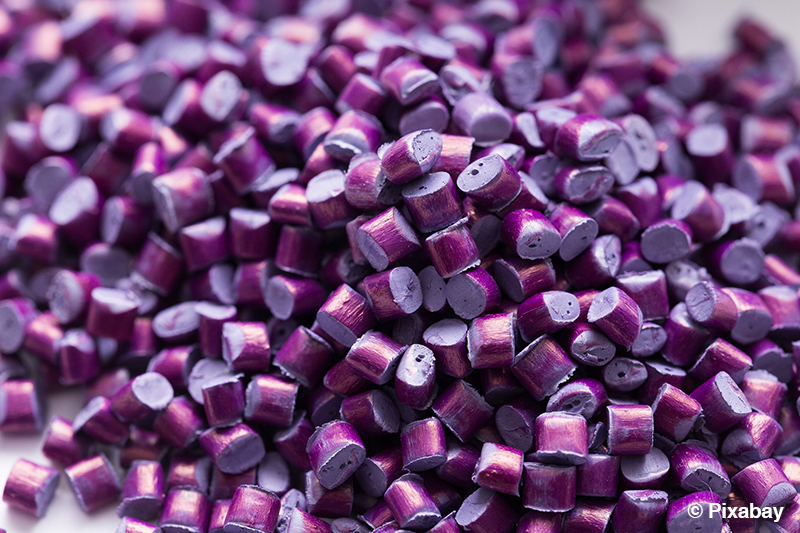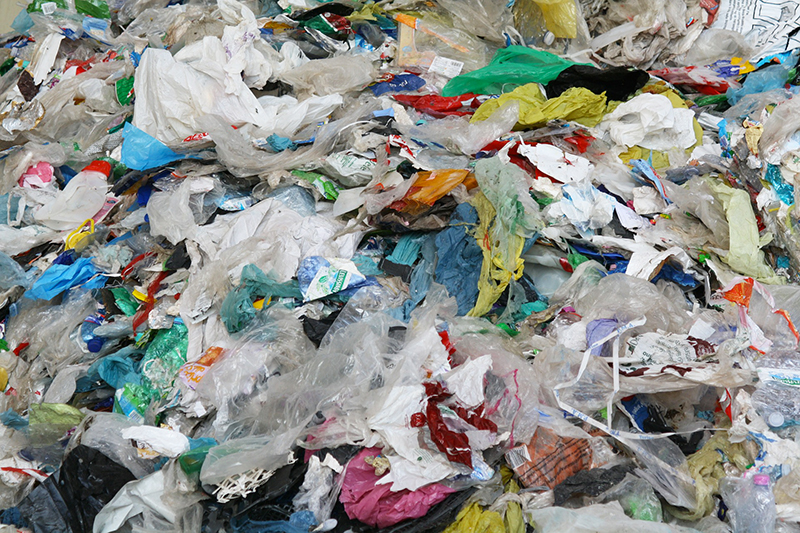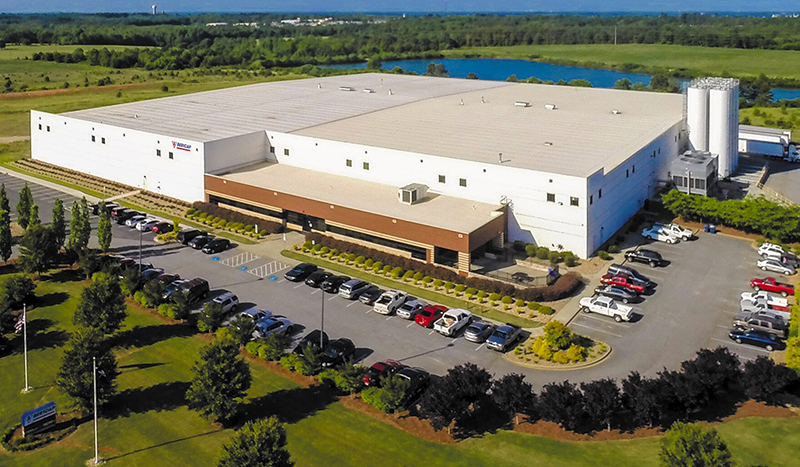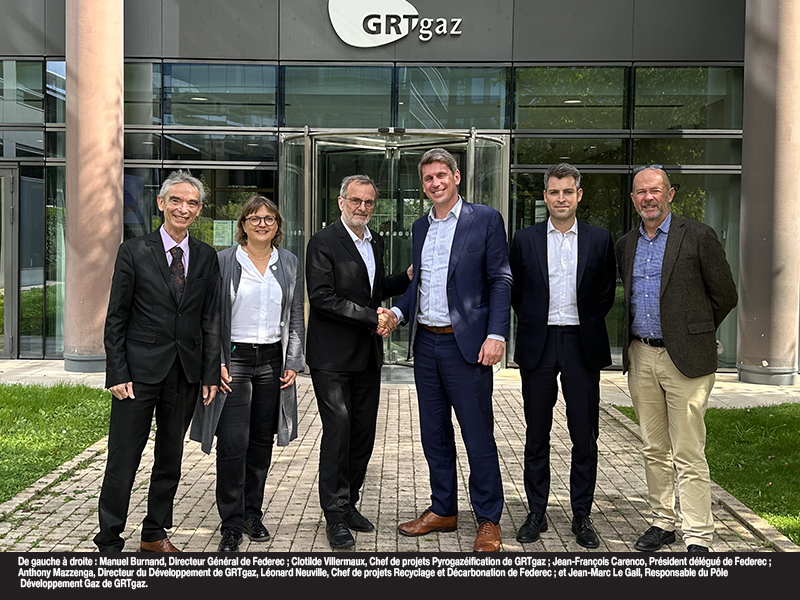
Plastics Recyclers Europe concerned by low demand and high imports
posted Friday 13 October 2023
Plastics recycling market in Europe has been heavily destabilised throughout 2023. Since the beginning of the year, prices of recyclates have decreased by up to 50%, while cheap imports of materials from outside of the EU have significantly increased. « If urgent measures are not taken to alleviate the pressure on recyclers, there is risk that Europe will fall short of achieving its legally binding and newly proposed recycling and recycled content targets », said Plastics Recyclers Europe (PRE).
“The future of the recycling industry is at stake and immediate action in form of enforcement measures is needed to avoid a shutdown of recycling plants across Europe,” commented Ton Emans, PRE president. “Ceasing recycling activities would have knock-on effects on jobs, overall economy in Europe and the environment,” he added.
The declining market situation applies to all recycled polymers and is best represented in the PET industry. Due to the lack of a level-playing field, PET imports to the EU have increased by 20% from Q2 2022 to Q2 2023[1], resulting in low demand for EU rPET. Consequently, these disruptive market dynamics led to an estimated 10% decrease in rPET[2] over the same period.

With the targets set by the Single Use Plastics Directive nearing[3], the pressure to boost the use of recycled content in PET beverage bottles is high. However, rather than supplying the demand with rPET produced in Europe, this has given rise to non-transparent imports from non-European countries.
“Legislation has proved itself as one of the most effective instruments in setting the course for a circular plastic future. However, enforcement measures are a must for its effective implementation. Without this, Europe risks untraceable, unverified imports of plastics participating toward the European recycling targets. Introducing an independent third-party certification system would solve these issues. In parallel, it would help to avoid unverified declarations and promote traceability, particularly for food contact materials, while boosting the transparency on the origin of recycled plastics,” explained PRE.
[1] In comparison to the same period in 2022; this includes imports of both virgin and recycled PET (Eurostat).
[2] Data obtained through PRE surveys.
[3] Single Use Plastics Directive includes the 25 % recycled content target in PET beverage bottles by 2025, and 30% recycled content in all beverage bottles by 2030.







